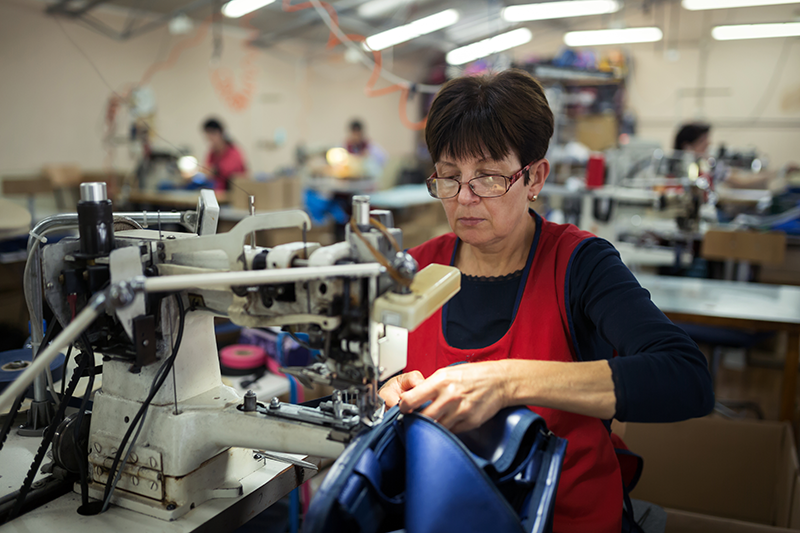
Darbo santykiai
Profesinėms sąjungoms, darbdavių organizacijoms ir valdžios institucijoms tenka tam tikras vaidmuo darbo santykių valdymo srityje. Tai sistemos, kuri veikia Europos, nacionaliniu, sektorių, regionų ir įmonių lygmenimis, tarpusavyje susijusios dalys. Atsižvelgiant į pastarųjų metų technologijų ir darbo formų pokyčius nuolat besikeičiančioje ekonominėje aplinkoje, darbo santykių sistemoms kilo esminių iššūkių.
Todėl Europos Komisija 2015 m. inicijavo Europos socialinio dialogo atnaujinimą. 2016 m. birželio mėn. paskelbtame bendrame pareiškime Komisija, Europos Sąjungos Taryba ir socialiniai partneriai pabrėžė, kad Europos socialinis dialogas yra labai svarbus, nes tai yra reikšmingas ES užimtumo ir socialinės politikos formavimo proceso elementas.
- Europos Komisija Bendras pareiškimas apie naują socialinio dialogo pradžią





























